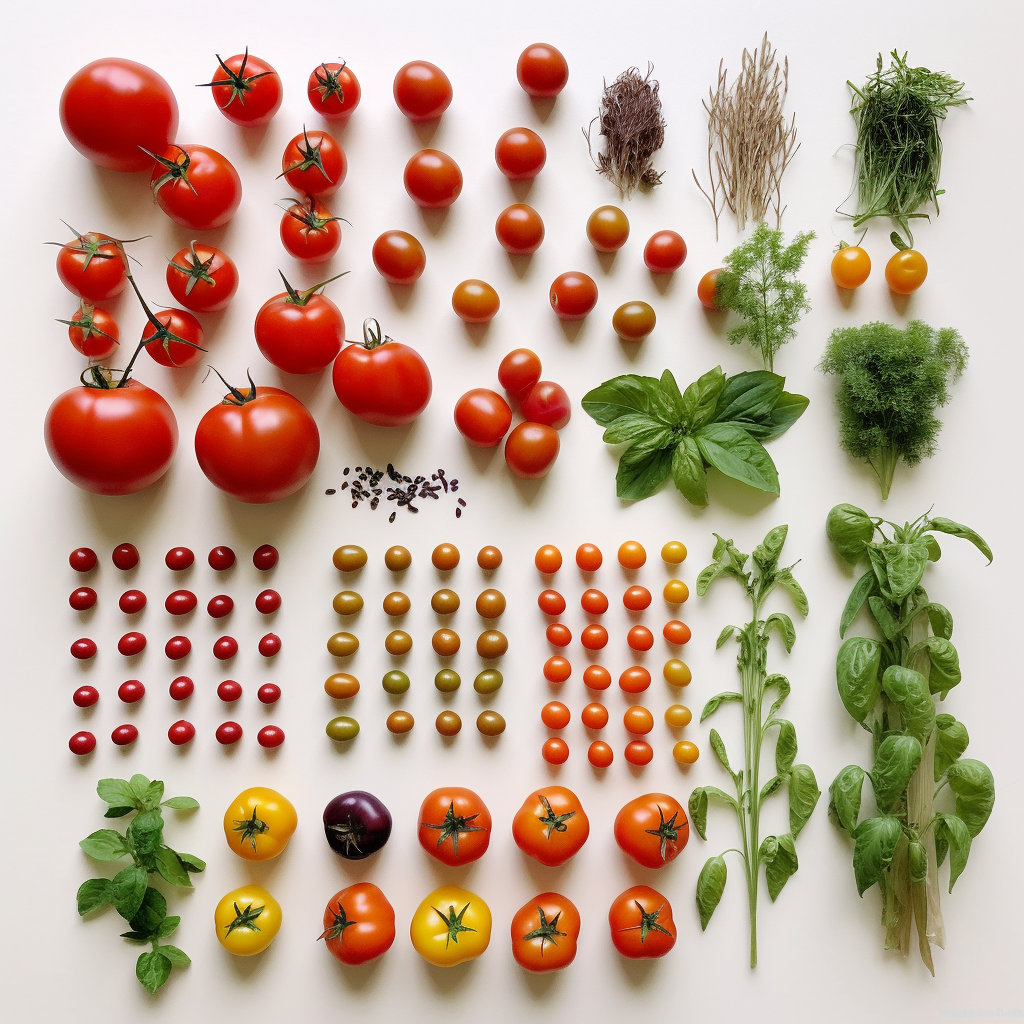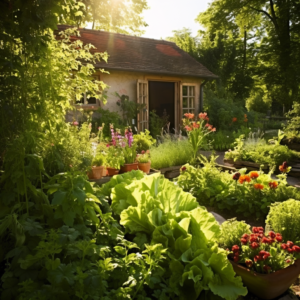What are Fertilizers?
Fertilizers are substances added to soil or plants to supply essential nutrients that promote healthy growth and development. They come in various forms—organic or synthetic—and contain key elements like nitrogen, phosphorus, and potassium. These nutrients help plants grow faster, increase yields, and improve the overall quality of the crops by enhancing root strength, leaf development, and fruit production. By adjusting nutrient levels in the soil, fertilizers play a critical role in agriculture and gardening.
Basic Fertilizers
Fertilizers are essential for the health and growth of vegetables and all plants, delivering vital nutrients that they require to thrive. These nutrients include nitrogen, phosphorus, and potassium, each playing a unique role in supporting plant development, from strengthening roots to enhancing fruit production.
Understanding the right balance of these elements can significantly improve your garden’s productivity and health. There are essential things to consider when getting the right nutrient balance, such as-

Essential Things to Consider
Nutrients – Vegetables require a range of nutrients to grow properly. These include macronutrients like nitrogen (N), phosphorus (P), and potassium (K), as well as micronutrients like iron (Fe), manganese (Mn), and zinc (Zn).
Soil fertility – The fertility of the soil is essential for the growth of healthy and productive vegetable plants. A soil with poor fertility will result in stunted growth, poor yields, and increased susceptibility to disease and pests.
Organic matter – Organic matter, such as compost or manure, is an essential component of soil fertility. It provides a slow-release source of nutrients and helps to improve soil structure, water-holding capacity, and aeration.
pH – The pH of the soil can impact the availability of nutrients to plants. Most vegetables prefer slightly acidic soil with a pH between 6.0 and 7.0. I will write an article, going deeper into pH, and I will link it here.
Synthetic vs. organic – Synthetic fertilizers are typically made from petroleum products and provide nutrients in a form that can be easily absorbed by plants. Organic fertilizers, such as compost, manure, or bone meal, are derived from natural sources and provide a slow-release source of nutrients.
Using good fertilizers is essential for growing healthy and productive vegetable plants. By providing the necessary nutrients, maintaining soil fertility, and balancing pH levels, fertilizers can help ensure that your vegetable garden thrives. Have a look at this article to learn more about organic and synthetic fertilizers.

What are 10-10-10 or 12-12-12 Fertilizers?
10-10-10 and 12-12-12 are types of fertilizers that contain a balanced blend of three essential nutrients that plants need to grow: nitrogen (N), phosphorus (P), and potassium (K). The numbers on the fertilizer package indicate the percentage of each nutrient contained in the fertilizer.
For example, a bag of 10-10-10 fertilizer contains 10% nitrogen, 10% phosphorus, and 10% potassium, while a bag of 12-12-12 fertilizer contains 12% nitrogen, 12% phosphorus, and 12% potassium.
Nitrogen is important for leafy green growth, phosphorus is essential for root and flower development, and potassium helps plants withstand stress and resist diseases. A balanced fertilizer like 10-10-10 or 12-12-12 provides all three nutrients in equal proportions, which can help promote healthy plant growth and fruit production.
It’s important to understand that different plants have different nutrient requirements, so it’s a good idea to choose a fertilizer that is appropriate for the specific needs of the plants you are growing. Additionally, over-fertilizing can also be harmful to plants, so it’s important to follow the recommended application rates on the fertilizer package and not apply more than is needed.
Is organic always better?
Both organic and synthetic fertilizers have their uses, and which one is better depends on the specific situation and goals of the gardener. Here are some factors to consider when choosing between organic and synthetic fertilizers:
Nutrient content – Synthetic fertilizers are typically formulated to contain specific amounts of nitrogen, phosphorus, and potassium, which can be tailored to the specific needs of the plants. Organic fertilizers, on the other hand, have variable nutrient content depending on the source, and may not provide the exact ratio of nutrients that the plants need.
Release rate – Synthetic fertilizers are usually water-soluble and provide nutrients to plants quickly. This can be beneficial when a quick boost of nutrients is needed, such as during periods of rapid plant growth. Organic fertilizers, on the other hand, are usually slow-release and provide nutrients over a longer period. This can be beneficial when a steady supply of nutrients is needed, such as during the growing season.
Environmental impact – Synthetic fertilizers can have negative environmental impacts if not used properly, such as runoff into waterways or contributing to greenhouse gas emissions during production. Organic fertilizers, on the other hand, are often considered more environmentally friendly, as they are derived from natural sources and can help to improve soil health over time.
Cost – Synthetic fertilizers are often less expensive than organic fertilizers, especially when purchased in bulk. Organic fertilizers, on the other hand, are usually more expensive but do provide long-term benefits to soil health.
Both organic and synthetic fertilizers have their uses, and the best choice depends on the specific needs and goals of the gardener. It’s important to consider factors such as nutrient content, release rate, environmental impact, and cost when choosing a fertilizer for your garden.

When you are just starting it is easy to forget fertilization. Good quality potting soils do contain some of the nutrients that your plants need, but in most cases, they do not have enough and it is a good idea to add a little more during your bed preparation. This is just a quick rundown of what you need to look for in fertilizers. I hope this has given you a good basic understanding of the uses and the whys of using good fertilizers. Happy growing.
